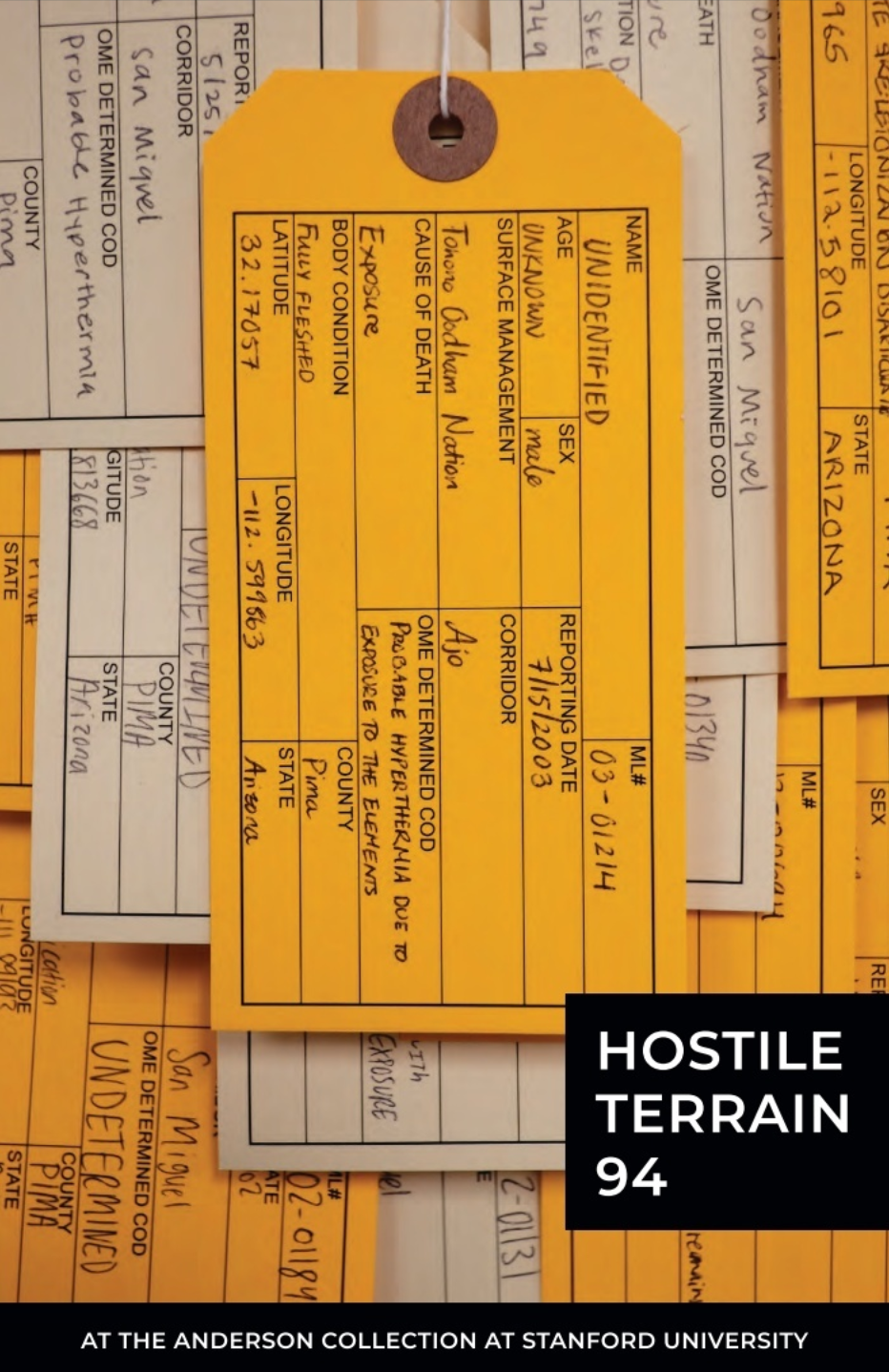Cantor Arts Center
328 Lomita Drive at Museum Way
Stanford, CA 94305-5060
Phone: 650-723-4177
Each academic year, thousands of scholars rely on the Cantor and Anderson Collection at Stanford University for research, teaching and learning. We encourage students and faculty to engage with our collections online and to reach out to our education team with questions and ideas.
Engage with the Cantor—jobs, internships, and social events are open to students of all levels and majors.
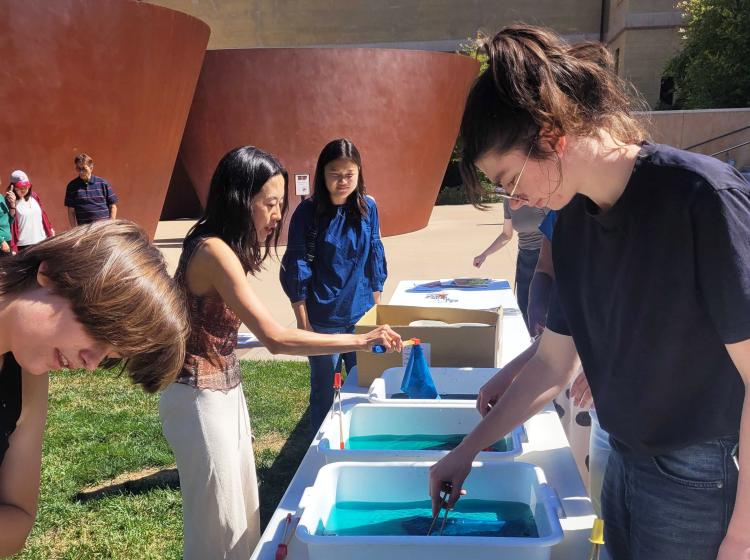
The Cantor Arts Center is a laboratory of learning and a center of scholarly inquiry. Our programs offer substantive opportunities for students and faculty to engage with our encyclopedic collection.
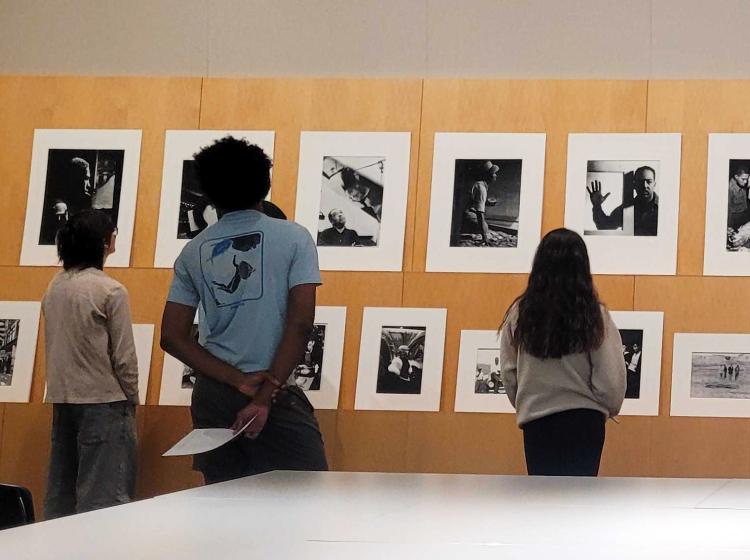
We’re here to help! Please reach out for questions about research, teaching, and learning with the museums' collections. For general inquiries, please use our contact form.
Cantor Arts Center
Contact: Vivian Sming,
Associate Director of Academic and Public Programs
Anderson Collection at Stanford University
Contact: Laniesha Brown,
Engagement and Events Coordinator
Join our Student Mailing List
Click the link above and receive occasional updates via e-mail tailored for Stanford students.
Explore other digital resources to engage with art in teaching, research and learning.
Stanford offers a wide array of research digital resources through their libraries. Explore notable collections, digital archives and online exhibits available. The Library also offers services for Faculty and guidance for Students on how to search through their catalog.

For more to explore, visit Museums From Home, a digest of digital visual arts content for the broader community. Explore digitized collections, virtual tours, recorded lectures and oral histories and more through this new online portal.
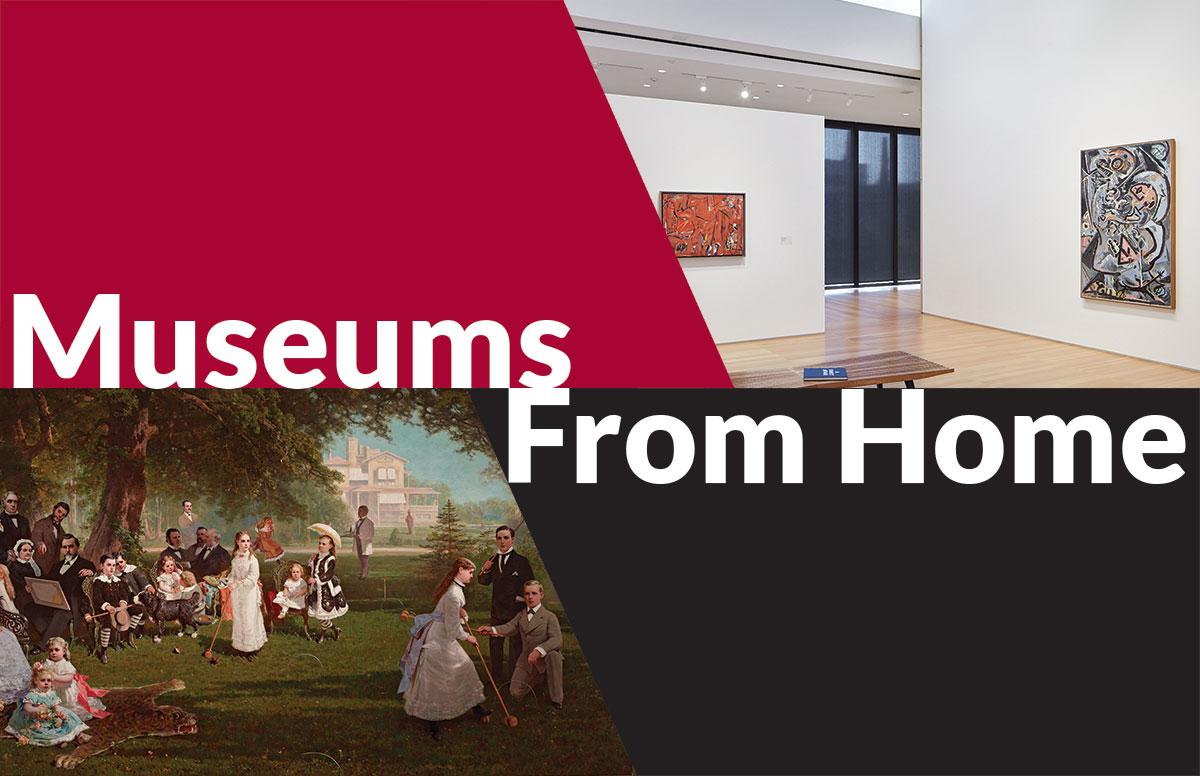
Digital & printable PDFs and in-depth object narratives from our collection
Our curators have prepared special learning guides for use with Stanford coursework and research. Videos and virtual gallery talks will be available in upcoming weeks!
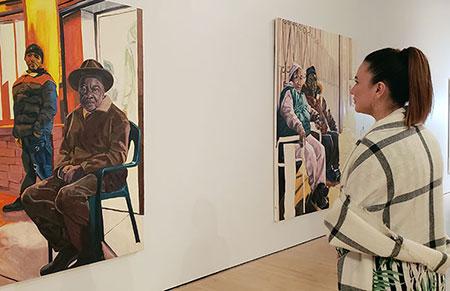
Exhibition Brochure
Explore the cultural exchanges between the Safavid Empire in Persia and Europe in Crossing the Caspian.
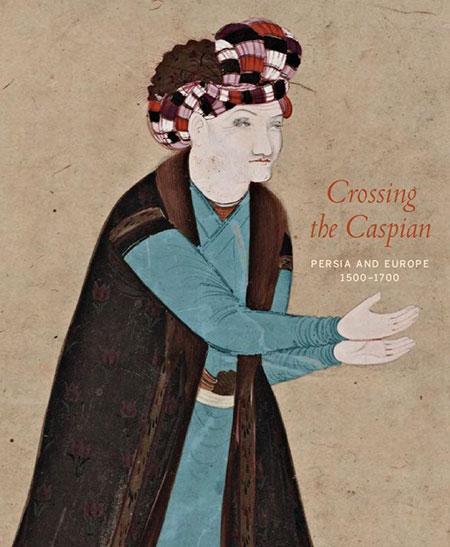
Exhibition Catalog
Explore a gift of drawings, prints, and paintings by African American modernist Jacob Lawrence addressing Black history and civil rights, public life, faith, and creativity.
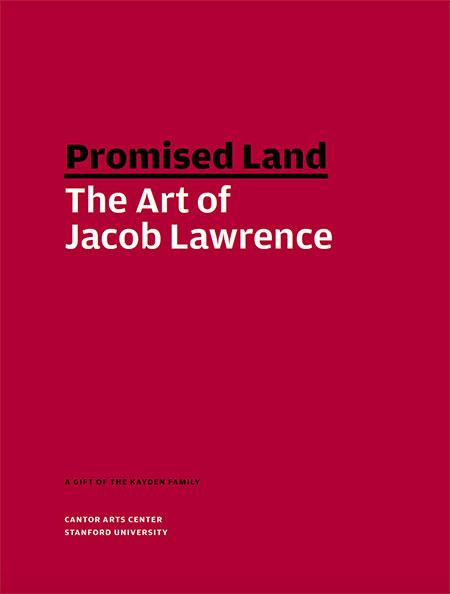
Exhibition Brochure
This Mellon curatorial research assistantship project reveals new insights about objects in the Cantor’s collection in order to demonstrate the complexity of labels such as “authentic,” “fake,” and “forgery.”
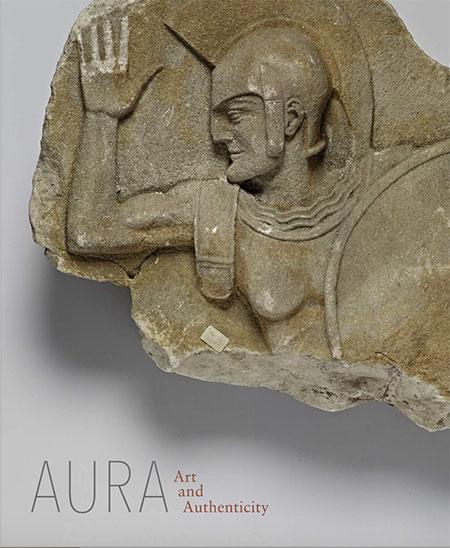
At Stanford University
The Capital Group Foundation Photography Collection at Stanford University consists of more than one thousand twentieth-century photographs highlighting seven masters of photography.
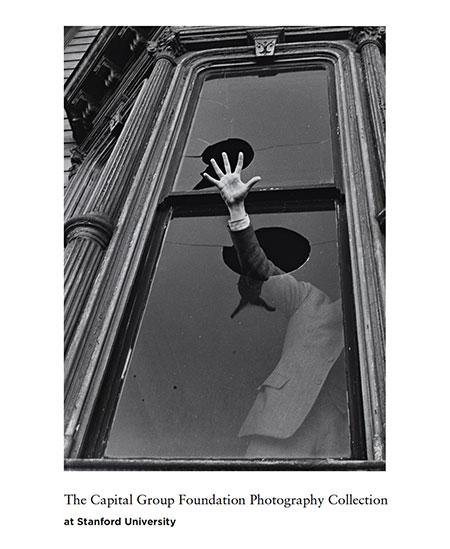
Exhibition Catalog
Curated by Stanford PhD Candidates, Left of Center seeks to show how modes of art-making that originated on the West Coast decisively changed the topography of American modernism.
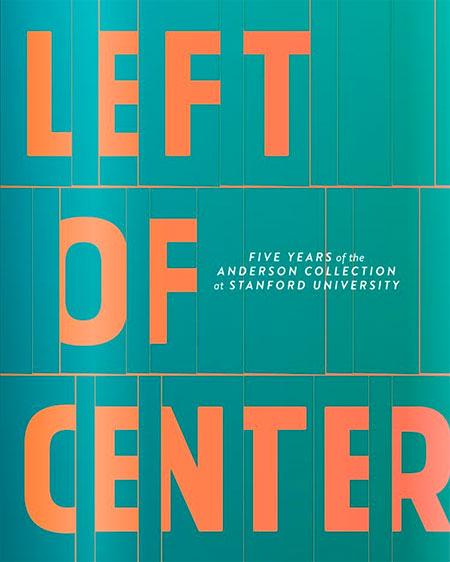
and the Assertion of Modern Figurative Sculpture
Representing the breadth of the artist’s oeuvre, this book offers insights into the development of Manuel Neri’s sculpture and a fresh perspective on his contributions to contemporary art.
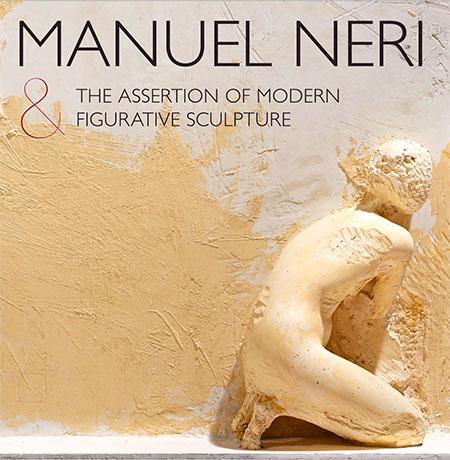
Feature Essays
Explore the Andersons' journey of art discovery made possible with the guidance of two prominent Stanford University professors—Albert E. Elsen and Nathan Oliveira—as well as Henry Sayles Francis, a retired curator from the Cleveland Museum of Art, and Helen Heninger, who developed the Andersons’ first working collection plan.
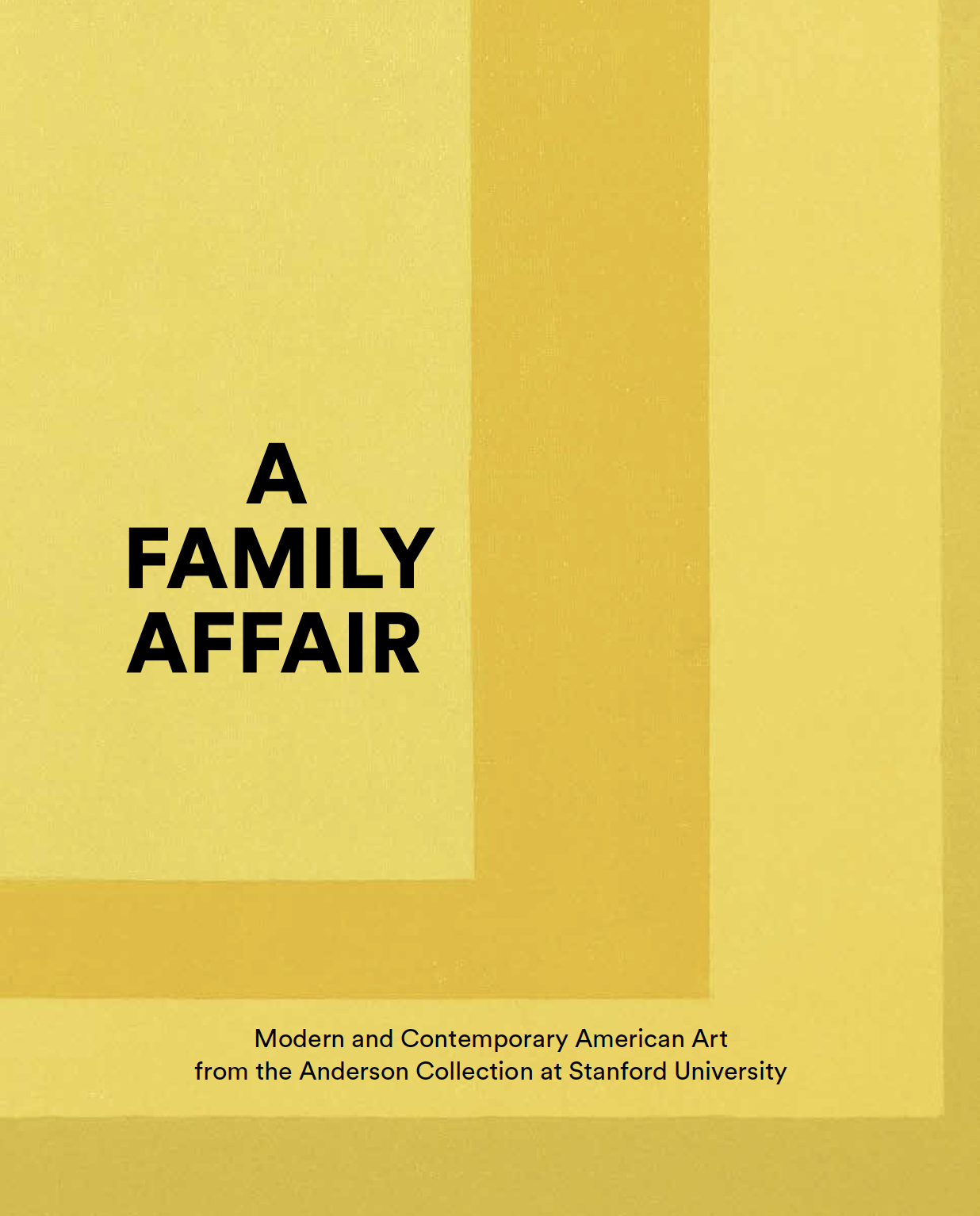
This brochure is published on the occasion of Formed and Fired: Contemporary American Ceramics, curated by Jason Linetzky, Director, and organized by the Anderson Collection at Stanford University.
The museum extends its deepest gratitude to the artists and lenders.
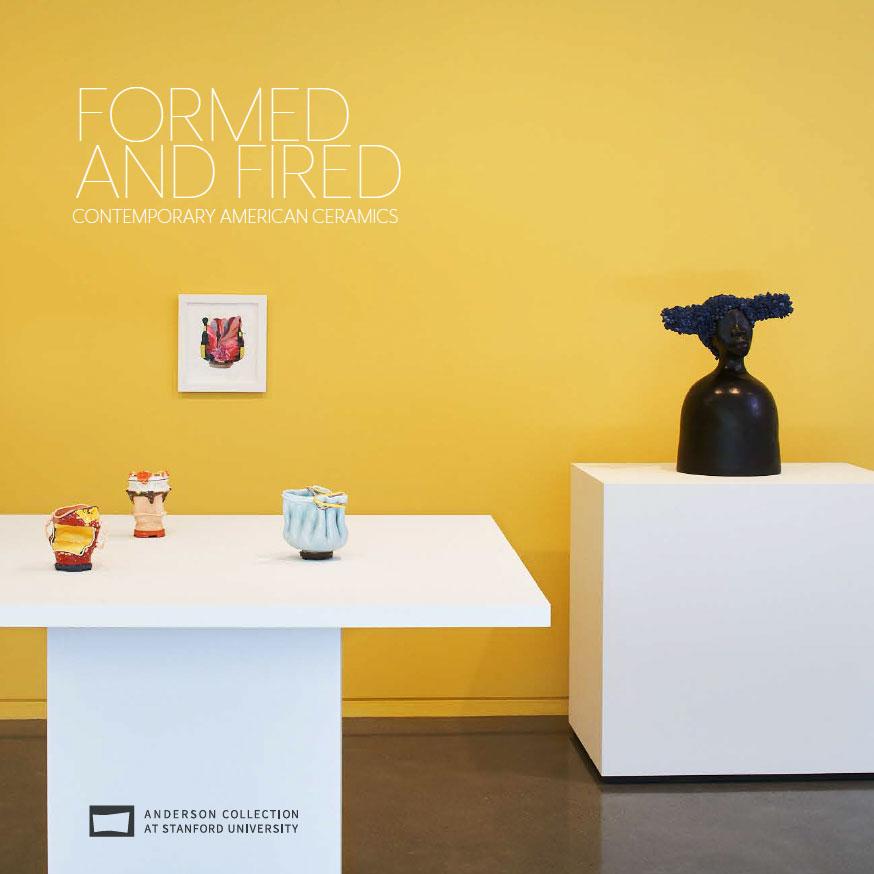
This publication is written entirely by students at Stanford University, and includes essays from graduate students Koji Lau-Ozawa, a PhD candidate in the Department of Anthropology; Jon Ayon Alonso, MFA candidate in Documentary Film and Video Studies; and undergraduate students Ekalan Hou, Melissa Santos, and Georgia Gardner.
The installation will be on display in the first floor of the Anderson Collection at Stanford University upon reopening and through the Spring of 2021.
